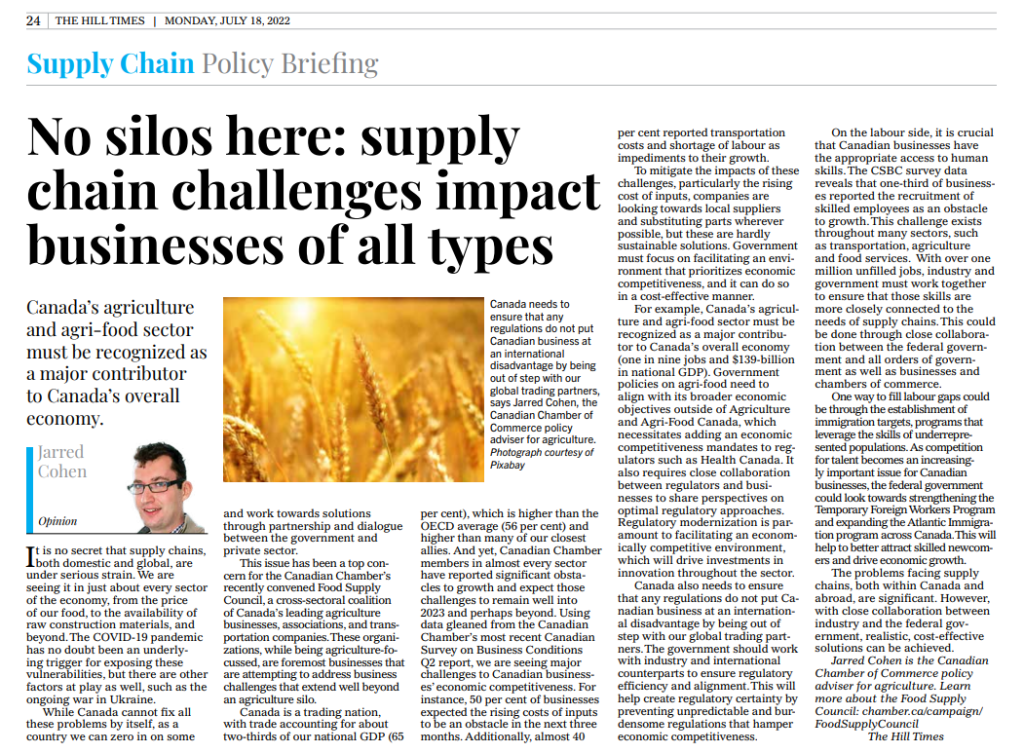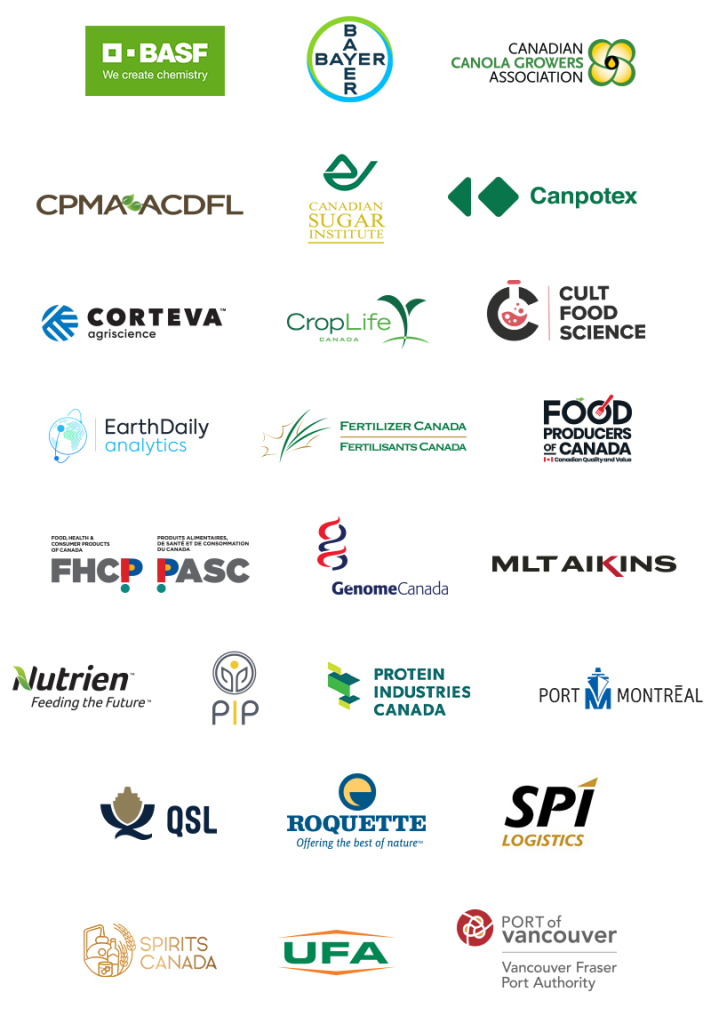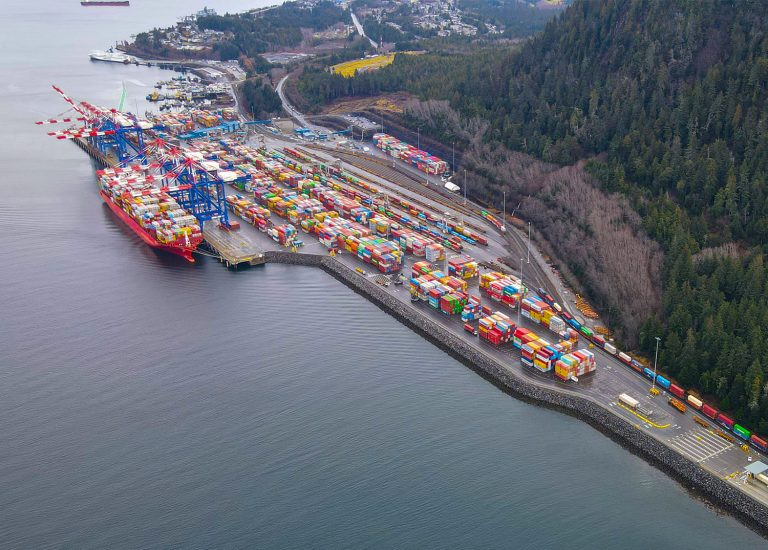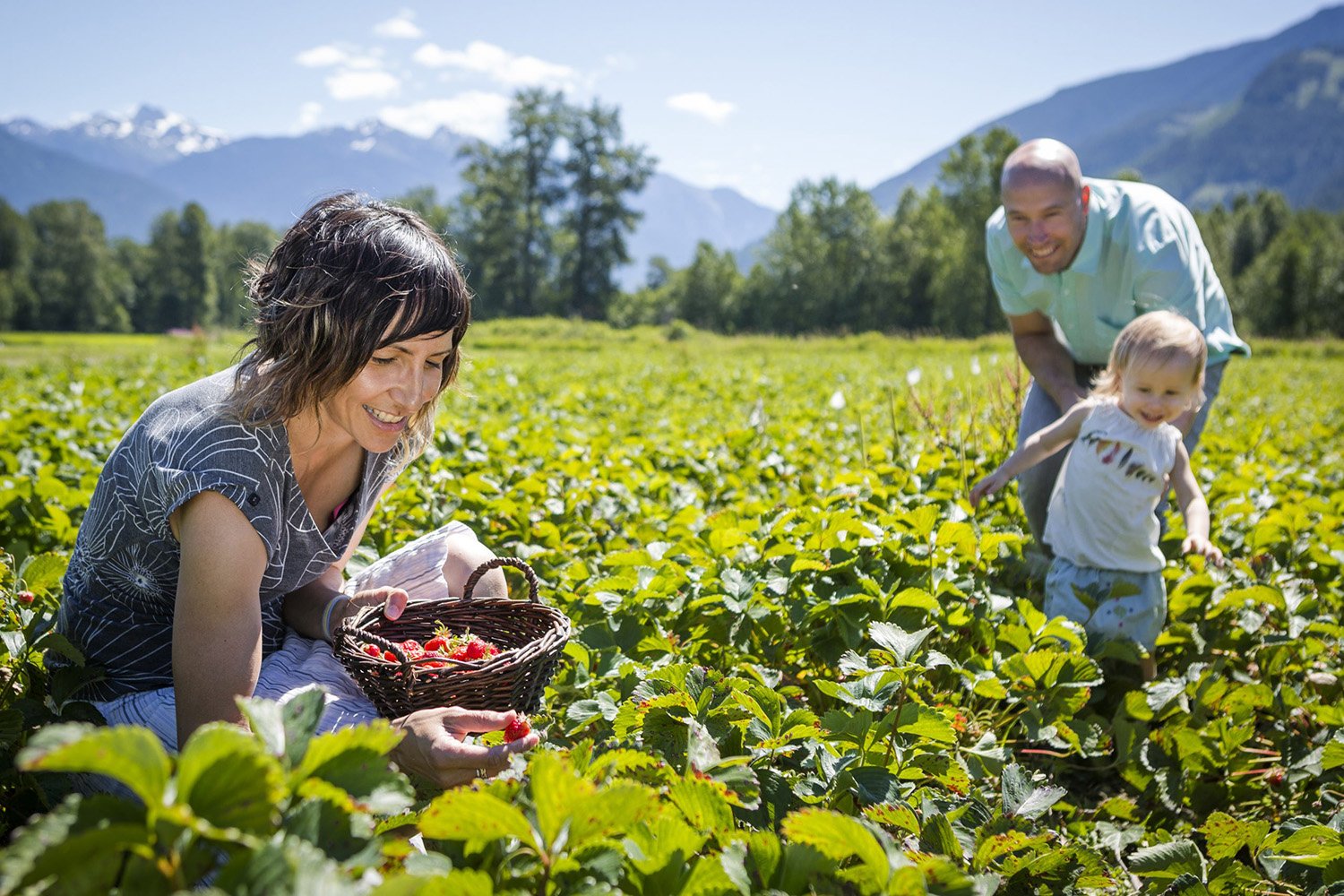Canadians can be proud of our agricultural businesses.
Our agriculture and agri-food sector — including crop producers, primary agriculture, value-added food and beverage manufacturing and more — is a global leader and significant source of employment and revenue to Canada’s national GDP. In 2020, the sector employed one in nine Canadians while generating over $139 billion in economic activity. In particular, food manufacturing is the largest manufacturing employer in Canada, providing jobs for almost 300,000 Canadians in every region of the country.
Businesses throughout the entire system work in a highly integrated, innovative and sustainable manner to meet not only Canada’s needs, but those of the global population as well. They continue to evolve in response to ongoing supply chain threats, such as the COVID-19 pandemic, the war in Ukraine and labour stoppages. Throughout it all, they have been a pillar of Canada’s fight against climate change.
The agriculture and agri-food sector’s leadership was reflected in the 2018 Economic Strategy Tables, which established the ambitious objectives of increasing domestic sales to $140 billion (from $110 billion in 2017) and export sales to $85 billion (up from $64.6 billion in 2017) by 2025. However, to achieve those lofty goals, the federal government must help the sector adopt various tools and mechanisms that sustain economic growth and recovery, and process more primary products in Canada before they are exported.
To help provide decision-makers with the tools they need to create an economically competitive environment for the sector, the Canadian Chamber has brought together the Food Supply Council, a cross-sectoral coalition of Canada’s leading agriculture and agri-food businesses, associations and transportation companies. Together, these businesses and associations demonstrate that the sector is an economic and environmental leader while providing innovative solutions to growing food security concerns.
The Council
The Food Supply Council — a cross-sectoral coalition of Canada’s leading agriculture businesses, associations and transportation companies — will address the challenges arising from an increasingly unstable, globally integrated, food supply system head-on. Given the ongoing threats to supply chains, such as war, extreme weather events, labour issues and the ripple effects of the COVID-19 pandemic, global food supply is on the edge of a crisis moment. Equally important as the cost of inputs increases are food prices, which hurt consumers as the cost of basic nutrition becomes a larger proportionate expense.
The Food Supply Council will address the linkages between agriculture, production, inputs, value-adds and transport that keep Canadians and the world fed. Crucially, global instability demands that Canada seize the opportunity to be a part of the solution to meeting consumer demand. The Council will, among other things, provide needed leadership to shape the solutions for Canada to help solve potential global wheat, seed oil and fertilizer shortages.
The Food Supply Council Co-Chairs

Catherine King
Vice President, Communications and Stakeholder Relations
Fertilizer Canada

Nicole McAuley
Head of Communications and Public Affairs
BASF Canada
For more information on the Food Supply Council, please contact Pascal Chan, Senior Director, Transportation, Infrastructure & Construction.
Key Issues
Agricultural issues are business issues. As such, the Food Supply Council is focusing on four key themes:
- The significant contribution of the agriculture and agri-food sector to Canada’s economy
- Modernized regulations that spur innovation while protecting health and safety
- Maximizing access to global markets by facilitating an evidence-based approach to environmental sustainability
- Strategic investments in critical infrastructure
Canadian businesses in the sector are leaders not only in agriculture, but also more broadly in transportation, manufacturing, and more. To reflect this leadership, government policy on agriculture and agri-food needs to align with its broader economic objectives and not be the purview of one department
For the agriculture and agri-food sector to be successful, Canada requires an economically competitive business environment, which will help drive investments in innovation and ensure public health and safety. A cost-effective way of creating that environment is through regulatory modernization and government commitment to an evidence-based regulatory regime
The natural world would benefit from more Canadian agricultural products and approaches. As Canada moves towards free trade agreements with global partners such as the United Kingdom, the Indo-Pacific region and more, it must adopt an approach to environmental sustainability that facilitates market access and creates opportunities for businesses.
The COVID-19 pandemic has demonstrated current and pressing challenges for the Canadian agriculture and agri-food sector. Supply chain disruptions, rising costs of inputs and transportation, and labour shortages continue to wreak havoc for all sectors of the Canadian economy, including agriculture and agri-food. To help move goods and services across the country and beyond, governments should coordinate and protect investment in critical digital and transportation infrastructure
Updates
On October 27, 2022, Food Supply Council members met with Natasha Santos, Head of Global Stakeholder Affairs and Strategic Partnerships at Bayer Crop Science and Vice-Chair of the Business@OECD’s Food and Agriculture Committee. Read more.

In October 2022, The Food Supply Council submitted its pre-budget recommendations to the Federal Government, highlighting that Canada’s agricultural sector has the potential to help address both domestic and international challenges. Read more.

In July 2022, the Canadian Chamber’s Jarred Cohen writes in The Hill Times about Canada’s significant supply chain challenges and the need for the federal government to collaborate with business. Read more.

In July 2022, Food Council members write to the Hon. Marie-Claude Bibeau, Minister of Agriculture and Agri-Food on priority issues ahead of the Federal-Provincial-Territorial Agriculture Ministers’ meeting. Read more.

In February 2022 the Canadian Chamber’s Senior Director, Transportation, Infrastructure & Regulatory Policy, Robin Guy, appeared at the House of Commons Standing Committee on Agriculture and urged the committee to take action to implement the numerous agriculture reports that have been completed. Read more.

Members

Other Councils

Innovative Infrastructure Council

Energy Security Council





